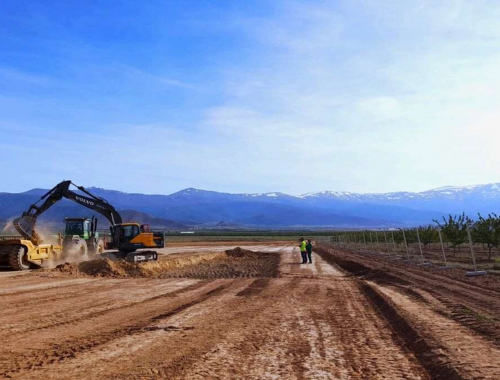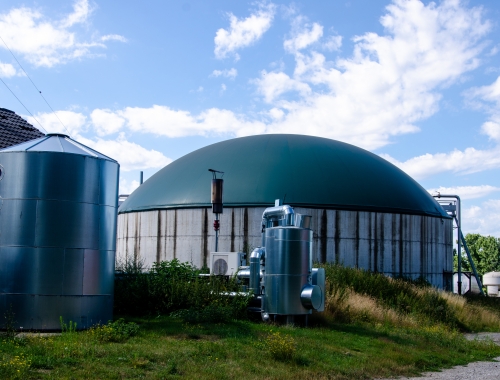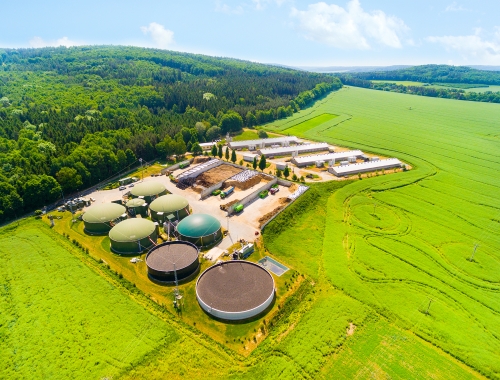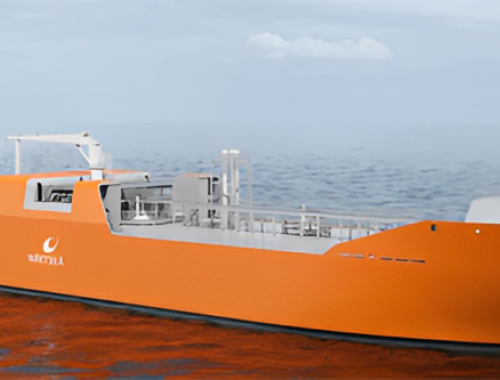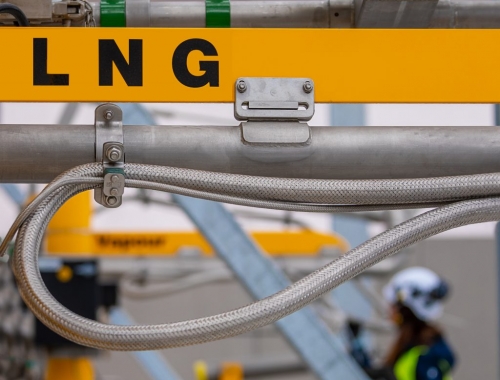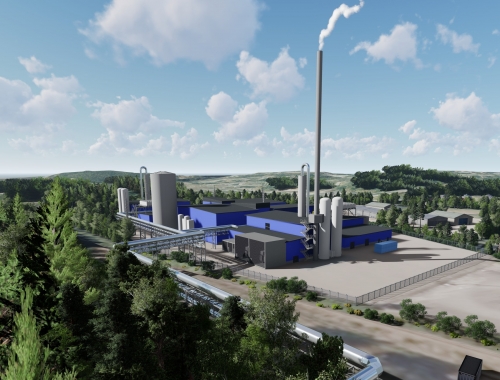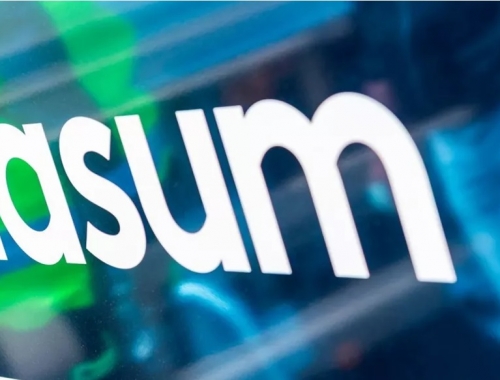Gasum, Fazer Bakery Finland explore role of RNG in emission reduction
SUMMARY
The collaboration aims to utilise food waste, biogas, and explore the use of e-methane produced with renewable energy.
By Shardul SharmaNordic energy company Gasum and Fazer Bakery Finland have signed a letter of intent to develop a plan for leveraging renewable gas (RNG) to reduce emissions from Fazer's bread transport and production, Gasum said on January 23. The collaboration aims to utilise food waste, biogas, and explore the use of e-methane produced with renewable energy.
Fazer Bakery Finland is targeting the phasing out of fossil fuels as a heat source for ovens by 2030. The partnership aligns with its sustainability strategy, committing to science-based emission reduction measures to reduce emissions by 42% by 2030.
All inedible food waste generated by Fazer Bakery’s production is utilised in biogas production in cooperation with Gasum. The biogas generated covers about a fifth of the energy needed to heat the ovens at Fazer’s bakeries in Vantaa, Lahti, and Lappeenranta.
“We are already reducing food waste systematically and efficiently,” said Marko Bergholm, managing director at Fazer Bakery Finland. “However, it is important to continue reducing food waste and find new ways to use it. The new e-methane fuel can be used to heat the ovens in Fazer’s bakeries and in road transport for bread deliveries as fuel for full trailer combination trucks and delivery trucks from 2026.”
“Gasum’s strategic goal is to bring seven terawatt hours of renewable gas to the market per year by 2027, which is up to four times more than today. Part of this will be e-methane. Achieving this target would mean an annual emission reduction of 1.8mn tonnes of carbon dioxide for Gasum’s customers. The cooperation agreement with Fazer is a good example of Gasum’s objective to partner with its customers in reducing greenhouse gas emissions, for example, by developing a market for e-methane,” said Tommy Mattila, vice president at Gasum’s Industry and Traffic business.
Gas plays a crucial role in the realm of renewable energy, especially in areas that are challenging to electrify, such as heavy land transport and certain industrial processes. Biogas, including synthetic and renewable gas like e-methane, is considered a cleaner energy alternative with the potential to significantly reduce reliance on fossil fuels.


